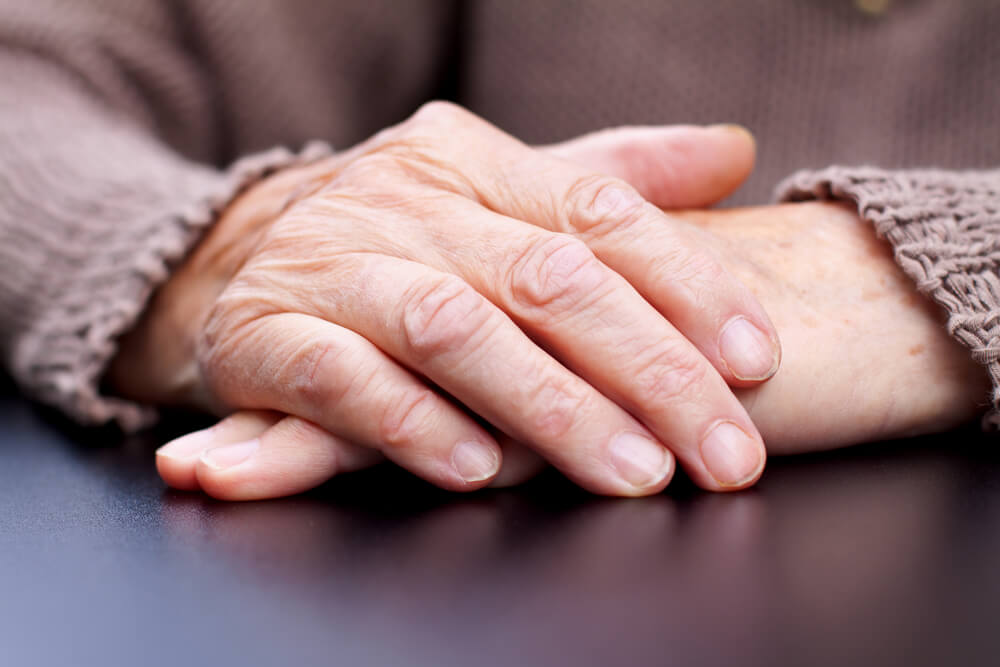The kidneys play an important role in bodily function by removing wastes and toxins, balancing fluids, stimulating red blood cell production, and releasing hormones. When the kidneys don’t function properly, waste can build up in the body leading to kidney damage and even complete kidney failure. Treatment for the disease includes dialysis, and in some cases, the need for a kidney transplant.
Each year kidney disease kills more people than breast cancer or prostate cancer. More than 661,000 Americans have kidney failure. Of these, 468,000 individuals are on dialysis, and roughly 193,000 live with a functioning kidney transplant.1
Kidney disease been called a “silent epidemic” because many people who have the disease don’t know it.2 Compared to other health concerns like cancer and heart disease, awareness of the disease is low.
Did you know?
- The prevalence of chronic kidney disease (CKD) in the general population is approximately 14%
- The main causes of CKD are high blood pressure and diabetes
- About half of the people with CKD also have diabetes and/or self-reported cardiovascular disease3
The cost of treating kidney disease is tremendous. Only 1% of the total Medicare population has end stage renal disease (ESRD), but Medicare fee-for-service (FFS) spending on ESRD patients accounts for 7% of total Medicare FFS spending.4
The state of care for patients with CKD and ESRD is so critical that on July 10, 2019, the President’s Executive Order on Advancing American Kidney Health was signed. The initiative puts in to motion major advancements in kidney health.
A new era of kidney care
By issuing the Executive Order the government is hoping to improve kidney disease outcomes, save health care dollars, and ultimately reduce the number of Americans who develop ESRD by 25% by 2030.
The Executive Order focuses on improving kidney care in three ways:
- Emphasizing more effective and convenient treatment methods
- Increasing the number of kidneys available for transplant
- Improving awareness, prevention, and education
The initiative also changes payment models to support earlier identification and treatment of the disease and promote more widespread use of in-home dialysis. It also addresses the transplant organ shortage by providing additional support for living organ donors and encouraging the development of an artificial kidney.
Better nutrition is key
According to the Executive Order, one of the first goals of the Advancing American Kidney Health initiative is to reduce the population’s overall risk of kidney failure. Research proves that one of the best ways to do that is through better nutrition because a healthy lifestyle and healthy diet are fundamental to preventing kidney disease and its two big risk factors, diabetes and high blood pressure.
Once a person has kidney disease or is facing ESRD, a nutritious, condition-appropriate diet is critical for managing the disease. Patients with CKD or ESRD are often prescribed a renal-friendly diet which balances phosphorus, protein, and sodium levels and focuses on high quality proteins and managing liquid intake.
But following a renal-friendly diet isn’t easy. That’s why many patients, families and even health care organizations opt to include home delivery of condition-appropriate meals as part of a comprehensive disease management program. These meals delivered to the doorstep are particularly helpful for ESRD patients who have a more acute form of the disease and often must manage the time-consuming dialysis process several times a week.
Mom’s Meals®
We are is committed to improving the health and wellness of Americans, supporting access to proper nutrition for everyone, and reducing health care costs through nutritional programs. To support that goal, Mom’s Meals is proud to deliver fresh, delicious, renal-friendly meals and other condition-specific meals to CKD and ESRD patients around the nation.
Sources:



